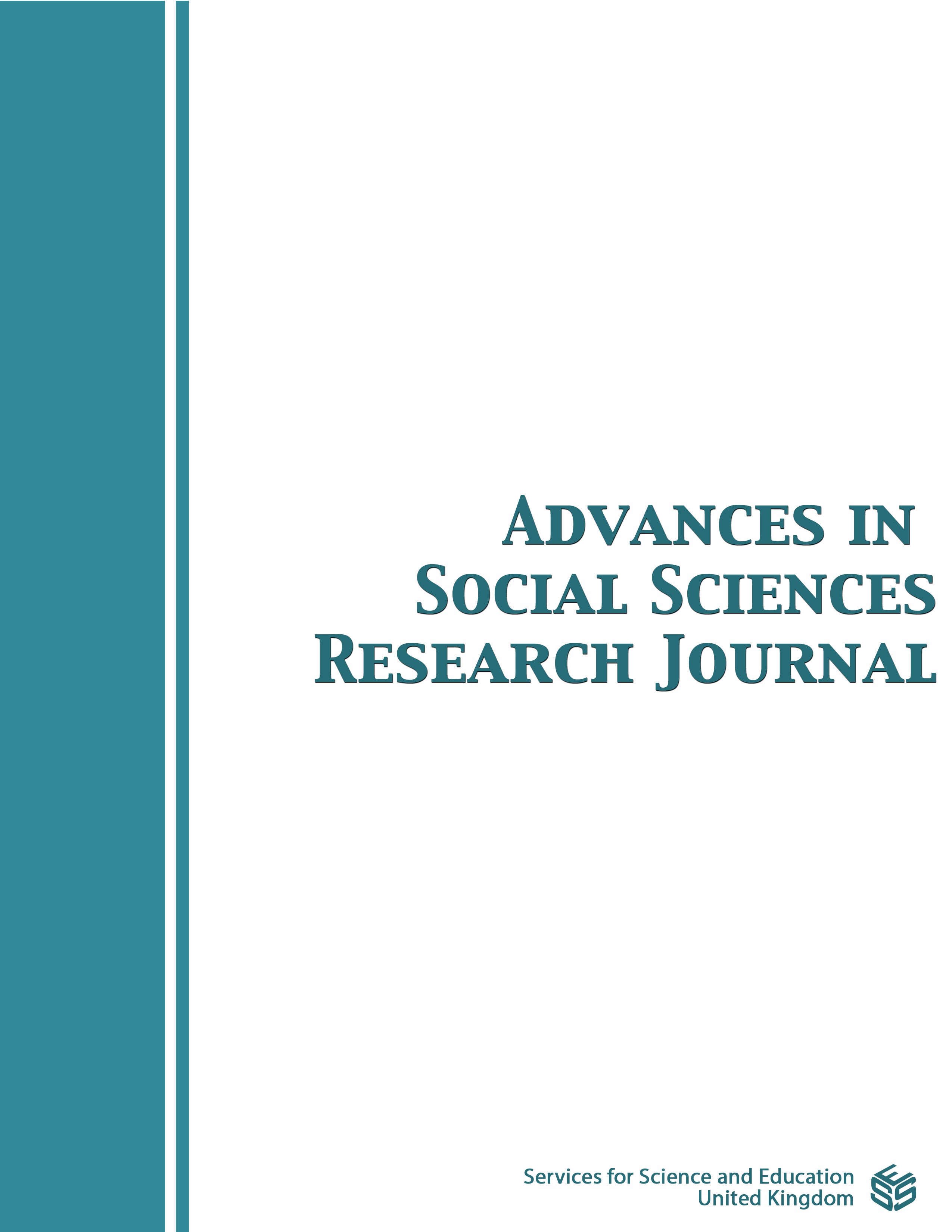Nigeria’s Anti-Corruption Model: Time for a Review
DOI:
https://doi.org/10.14738/assrj.108.15247Keywords:
Anti-Corruption, Anti Corruption Model, Combating CorruptionAbstract
Corruption and its challenges to the society is not a new phenomenon but designing effective methods to combat it has proven to be challenging for a few reasons. They include the fact that the phenomenon is ever evolving, and the perpetrators are usually ahead of the law. Another reason is that the absence of commitment on the government has prevented sincere assessment of measures introduced to combat corruption. This paper assesses Nigeria’s Anti-corruption model of criminalisation of corruption related offences. Effective criminalisation of corruption related offences requires a workable legal framework and effective institutions. The absence of either or both means that combating corruption would not be effective. This paper discusses Nigeria’s legal framework for combating corruption. Using qualitative method, this paper finds that the legal and institutional frameworks need to be strengthened. One area of strengthening is that the anti-corruption model of multi-agencies with the two foremost Anti-Corruption Agencies (ACA), the Independent and Corruption Practices Commission (ICPC) and the Economic and Financial Crimes Commission (EFCC) be reviewed. Instead, Nigeria should consider merging these two foremost institutions. The political will of the government is however sine qua non if this is to be achieved.
Downloads
Published
How to Cite
Issue
Section
License
Copyright (c) 2023 Olugbemisola T Odusote

This work is licensed under a Creative Commons Attribution 4.0 International License.
Authors wishing to include figures, tables, or text passages that have already been published elsewhere are required to obtain permission from the copyright owner(s) for both the print and online format and to include evidence that such permission has been granted when submitting their papers. Any material received without such evidence will be assumed to originate from the authors.






